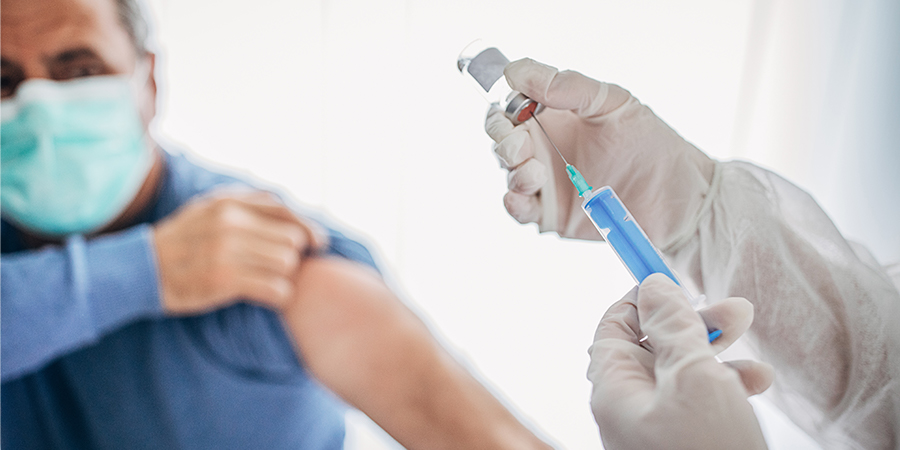Why you should keep ALL your vaccinations up to date
February 24, 2021
The COVID-19 vaccine has been a major conversation topic this year as the pandemic drones on. However, health officials want to remind the general public to also stay up to date on non-coronavirus vaccinations — vaccines that help avoid preventable diseases.
The viruses and bacteria that cause disease can be passed along by anyone who is not vaccinated. Preventable diseases include the flu, pneumonia, shingles, HPV, and hepatitis B. The latter two are both leading causes of cancer, according to the National Foundation for Infectious Diseases. One million people suffer from a bout with shingles each year in the United States, yet if they had received the vaccine, it is more than 90% effective in preventing transmission.
In addition, the last thing anyone needs is to get sick with the flu and coronavirus at the same time, which could happen and leave those afflicted quite vulnerable. Not everyone can afford to miss weeks of work if they get sick.
“I think everybody's hyper focused on COVID, appropriately so, but that doesn't mean that the risk of other preventable diseases has gone away,” says Jon Hennessee, D.O., GBMC Health Partners Primary Care.
Hennessee, who is a family medicine physician and a former intensive care nurse, advises people to follow the CDC’s vaccination schedule.
Getting people to come in for routine visits and keep up on their vaccinations was, at times, a struggle pre-pandemic, Hennessee observed. He notes there has been a “loss of focus on prevention because it pales in comparison to what we're seeing now. But all these preventable illnesses have historically been devastating, and the reason they're not anymore is because we have vaccines.”
In addition to vaccinations, the methods of preventive medicine that have the greatest impact are lifestyle changes: diet, exercise, spiritual and mental health, and cancer screenings.
“If we could get people to stop smoking, eat more vegetables, exercise regularly, get their vaccines, and do their cancer screenings according to evidence-based medicine, a lot of our primary care provider jobs would go away,” Dr. Hennessee says. “And I think most primary care providers would be OK with that.”
One crucial vaccination, especially for teens, is the human papillomavirus vaccine. The HPV vaccine is recommended for both boys and girls at age 11 or 12, though it can be given as early as age 9 and up to age 26. HPV infections and cervical precancers have dropped significantly since the vaccine has been in use in the United States.
“It has the most gravity and most effect if you've never had sex, which is why it's controversial,” says Hennessee. While parents may have concerns about vaccinating their children for a sexually transmitted disease, not doing so can have consequences later in life. “HPV can cause, in later years, cervical cancer and throat cancer.”
HPV causes 27,000 cancers in women each year in the U.S., according to the CDC.
“If we vaccinated everybody against HPV, we would eradicate cervical cancer,” Hennessee says.
While COVID-19 is the first thing on everyone's minds right now, don't forget to keep up to date on other vaccinations. Health providers suggest checking your status on the following vaccinations:
- Haemophilus influenza
- Tetanus
- Pneumococcal
- Measles
- Mumps
- Rubella
- Varicella
- Influenza
GBMC Health Partners Primary Care practices offer all these vaccinations.






